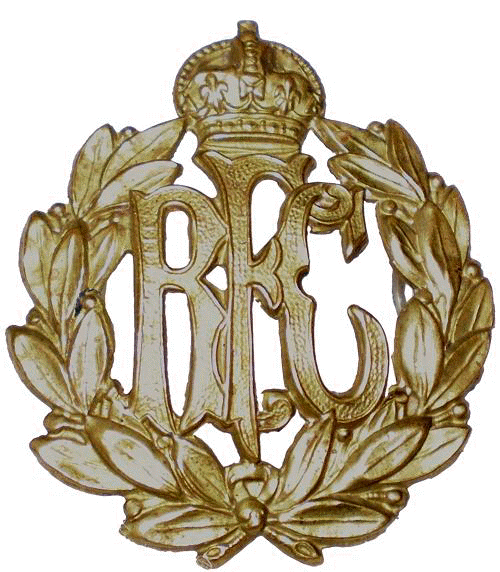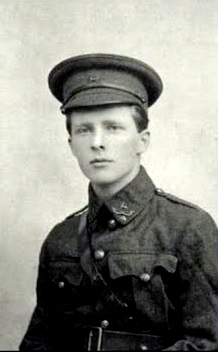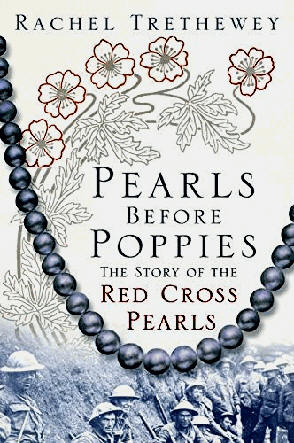If I should die, think only
this of me:That there’s some corner of
a foreign field
That is forever England. There shall be
In that rich earth a richer dust concealed;
A dust whom England bore, shaped, made aware,
Gave, once, her flowers to love, her ways to
roam,
A body of England’s, breathing English air,
Washed by the rivers, blest by the suns of
home.
And think, this heart, all evil shed away,
A pulse in the eternal mind, no less
Gives somewhere back the thoughts by England
given;
Her sights and sounds; dreams happy as her
day;
And laughter, learnt of friends; and
gentleness,
In hearts at peace, under an English heaven.
by Rupert Brooke
1887 - 1915
 In early 1918 there was an acute shortage of food.
Rationing was extended and queuing became a way of life. Two meatless days a
week were to be observed. Accordingly there was a big rise in the demand for
allotments where people could produce some of their own food. Preston was an
early leader in this scheme, providing 700 plots from parks and public land.
In early 1918 there was an acute shortage of food.
Rationing was extended and queuing became a way of life. Two meatless days a
week were to be observed. Accordingly there was a big rise in the demand for
allotments where people could produce some of their own food. Preston was an
early leader in this scheme, providing 700 plots from parks and public land.
